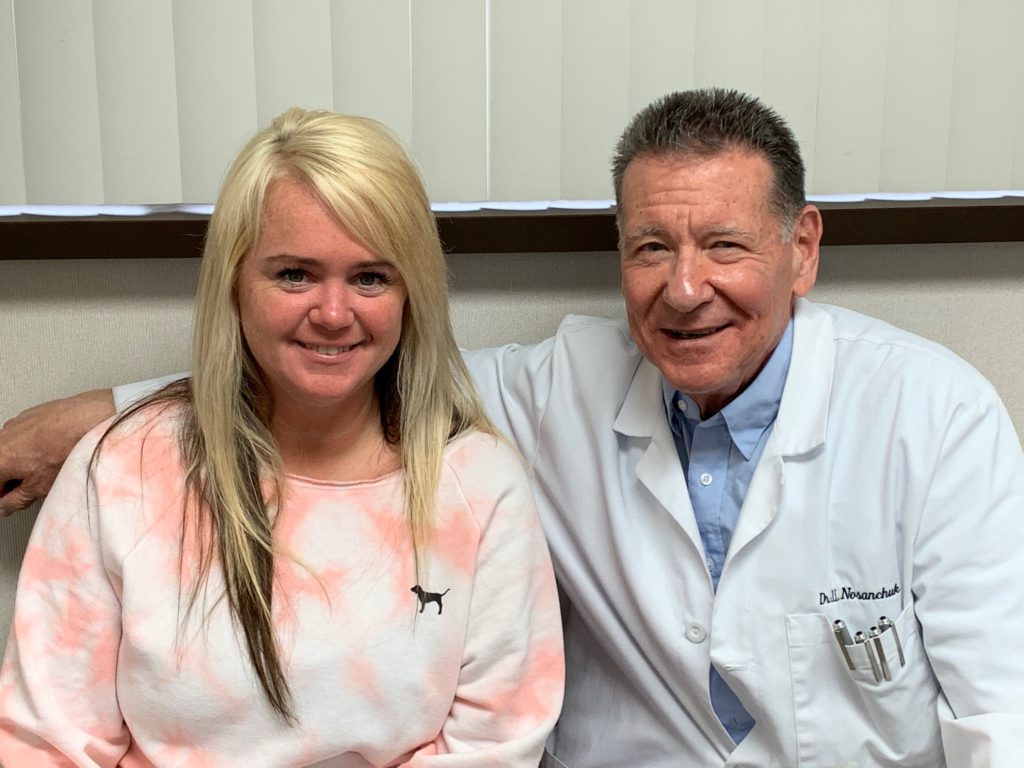
Dr. N provides bio-identical treatment regimens that will resolve your hot flashes, sweats, sleep disturbances, headaches, fatigue, depression, give you back your sex life and keep you looking younger. Our goal is for every one of our menopausal patients to be able to say … I’m Back to being me.
Bio-Identical and Natural Hormone Therapy, Hormone Pellet Implants, Compounded Hormone Gels, Patches and Creams. The most effective and safest options for. Dr. N’s office is located in Southeastern Michigan. For an appointment or phone consultation call (248) 644-7200 and speak to Caroline .
Click link below to see videos of Dr. N’s patients discussing their menopause and their therapy.
Menopause – Symptoms, Sex and Hormones – YouTube
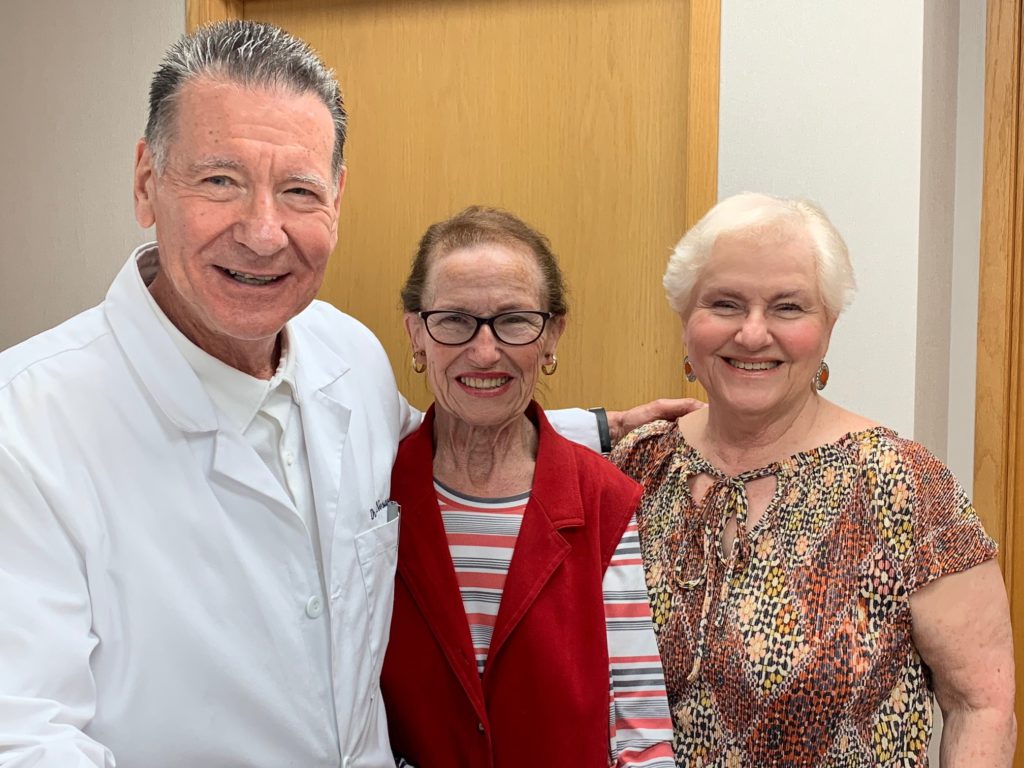
Having reached menopause by definition you are hormone deficient.
How will this effect me?
There are hormone-dependent tissues in every organ system in your body. As your hormone levels fall these tissues can no longer function optimally. The skin thins, looses collagen and wrinkles. The vagina atrophies, looses its elasticity and the labia and clitoris regress. This along with a decreased ability to lubricate can make intercourse painful if not impossible. The skeleton loses bone mineral content increasing the risk of osteoporosis and fracture. Hormone deficiency can cause an increase in the incidence of coronary artery disease, strokes, osteoporosis, depression and dementia. This list is a fraction of what happens in a hormone deficient state.
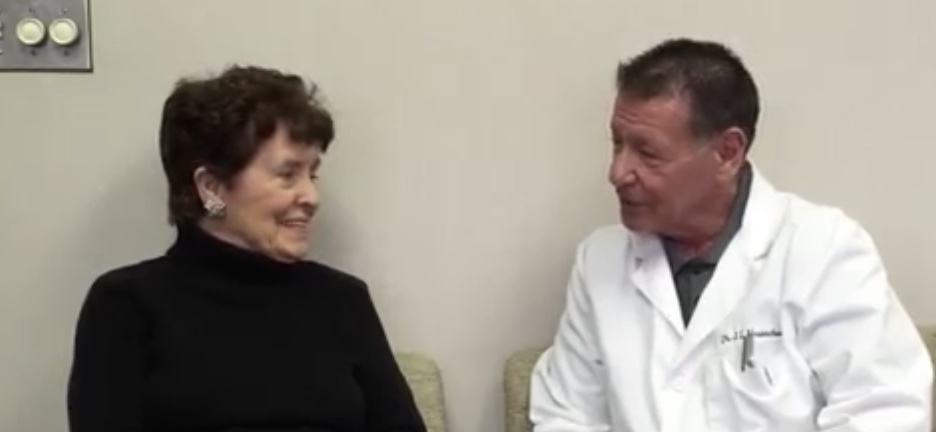
Jeanine has been a patient for over 25 years
Does that mean these things will happen to me without hormone replacement?
No it does not. Some women at least on the surface seem to avoid most changes in their hormone dependent tissues and other women appear to suffer from a wide range of hormone deficient problems. In theory the women who do better may have higher amounts of residual sex hormones in their body and more efficient sex hormone receptors. Nevertheless, no menopausal woman is unaffected.
It is impossible to predict if a specific woman will experience problems, however there are a number of factors that significantly increase the risk:•Heredity: A family history of Osteoporosis, Cardiovascular Disease or Alzheimer’s.
•Surgical removal of the ovaries: Unlike a natural menopause where the fall is more gradual, the decline in ovarian sex hormone production is sudden and complete and so women in this category tend to be at greater risk.
•Early menopause: Early menopause can be due to premature menopause, surgery or ovarian injury. The risks begin once the hormone levels decrease, and the they increases with each passing month that the problem is not corrected..
•Lifestyle: Smoking, excess alcohol intake, sedentary lifestyle, high fat diet and low intake of calcium and other important nutrients all affect the risk factor.
•Concurrent medical problems: There are a number of medical conditions that increase risk, either as an effect of the disease itself or the medication necessary to treat it.
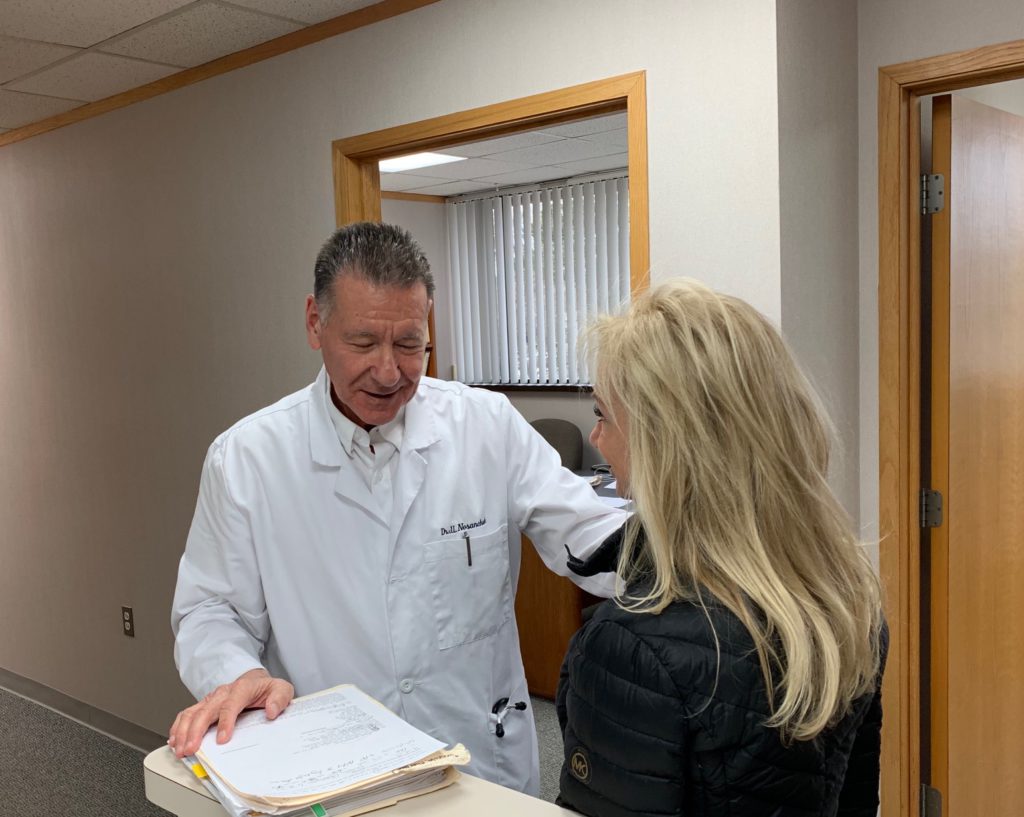
WHAT TYPES OF MEDICAL PROBLEMS INCREASE RISK?
Here are a few examples. Elevated levels of lipids (fats) in the blood, hypertension, obesity and diabetes increase the risk of coronary artery disease and stroke.
There are also a number of medical conditions that risk of osteoporosis including diseases of kidney function and calcium metabolism, of stomach and intestinal absorption, chronic lung disease, hyperthyroidism and Cushings disease – a disorder of the adrenal gland.
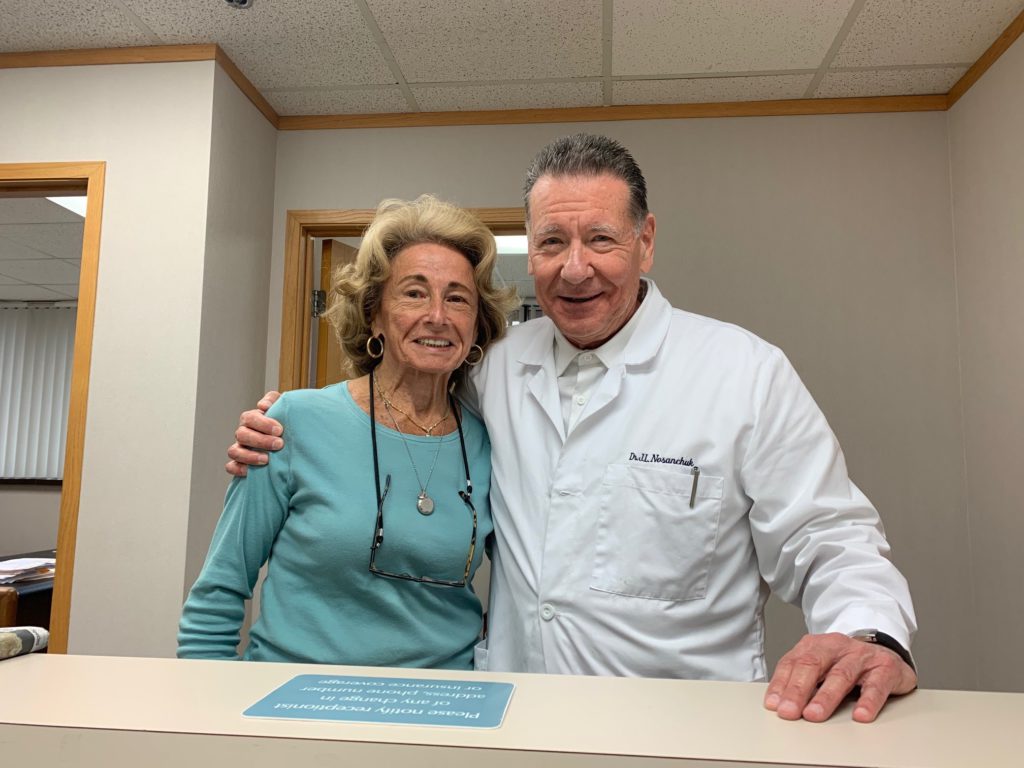
Medications can also cause problems. Medications called glucocorticoids, such as prednisone given in high doses over a period of time as short as a few months can cause significant mineral loss from bone as can heparin an anticoagulant. Also, thyroid hormone in excess of replacement requirements taken over an extended period of time results in significant bone loss as well.
WILL MENOPAUSE CHANGE THE WAY I FEEL?
The majority of women experience symptoms which range from mild to debilitating, including hot flushes, sweats, insomnia, problems with memory and/or concentration, headaches, loss of sex drive, mood changes, and muscle aches. A woman may experience some of these symptoms, all of them, or none of them.
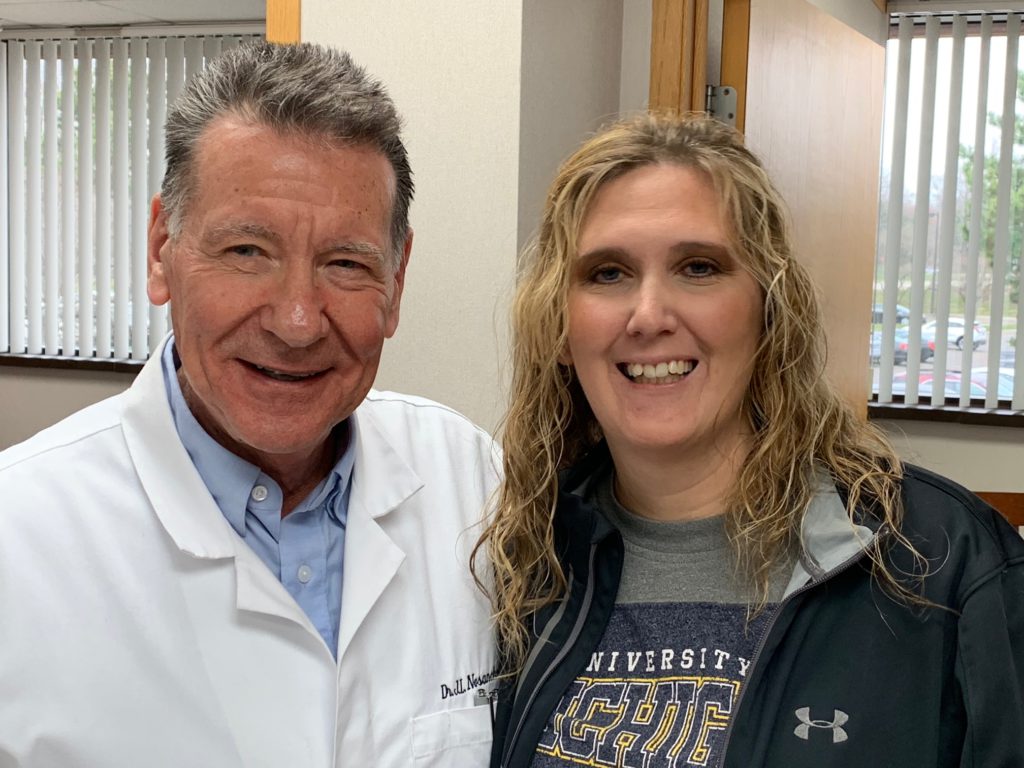
WILL MENOPAUSE CHANGE MY BODY?
Almost all women will experience alterations in sex hormone dependent “target tissues” and “organ systems”. This includes atrophy of the vagina, urethra, labia and clitoris, loss of skin thickness and collagen content, loss of bone mineral content from the skeleton as well as effects on the brain and cardiovascular system. Again, these changes are preventable by appropriate use of HRT.
WHAT HAPPENED TO THAT “YOU’RE NOT GETTING OLDER, YOU’RE GETTING BETTER” STUFF?
I know Aunt Sadie lived to 94, was sharp as a tack, had a younger boyfriend she nearly killed with her sexual demands, drove a car, mowed her lawn and was active until the day she died. Everybody thinks it’s great. Hormone deficient women can function, of course they can. Aunt Sadie did. But that’s not issue. The point is that no one, regardless of gender can function optimally, if they are hormone deficient.
Information on Bio-Identical and Natural Hormone Therapy, Hormone Pellet Implants, Compounded Hormone Gels, Patches and Creams. A review of the most effective and safest options for you. Dr. N has specialized in care of menopausal women for over 30 years. His office is located in Southeastern Michigan. For an appointment or phone consultation call (248) 644-7200 .
IMPORTANT: This website is for educational purposes only. It is not intended to suggest a specific therapy for any individual and must not be construed to establish a physician patient relationship.